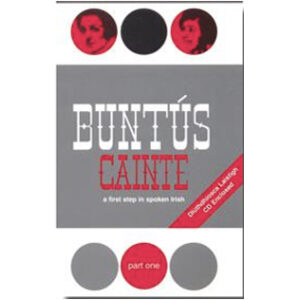Forum Replies Created
-
AuthorPosts
-
Onuvanja
ParticipantSorry if I misled you with my message, Batteman. What I was getting at with “giolla” was the voluntary serving aspect of “bond servant”, but perhaps it would be too free as a translation… So I would recommend you go with “searbhónta” or one of the words duḃṫaÄ‹ has provided (completely new and very interesting stuff to me).
Onuvanja
ParticipantI was so intrigued that couldn’t help doing some more research myself… 😉
The Focal.ie database has “searbhónta”, but also “giolla”, which seems to fit quite well, given the other uses of “giolla” (best-boy, call-boy, gofer, servant, minion, porter, orderly etc). It also has the advantage of sounding a bit like “gealladh” and “géilleadh” and indeed “gealltanas”, though that’s probably not its true origin.
Onuvanja
ParticipantTá fáilte romhat! 🙂
Glad I could be of help. The tricky part of it is that “servant” has a whole range of possible meanings in English, which I’m not sure you can render through “searbhónta” – not just the idea of being servile, but as you pointed out, serving somebody of one’s own free will. I wonder if there is another word in Irish that would express this concept better? For instance, “sclábhaí” has an unpleasant ring to my ear, like someone who does the dirty work for others, so that probably wouldn’t fit…
Any thoughts anyone?
Onuvanja
ParticipantA Batteman, a chara,
I’m not a specialist, but you can find an Irish translation of the New Testament on the following web site:
http://www.anbioblanaofa.org/ga/pdfIt also has the sentence you were looking for: “Mise Pól, searbhónta Íosa Críost, a bhfuil glaoite air chun bheith ina aspal agus atá
dealaithe amach chun dea-scéal Dé.”So, “bond servant” would be “searbhónta” (I suspect “searbhodhantuidhe” is just “searbhónta” in old spelling, rather than Old Irish).
-
AuthorPosts
